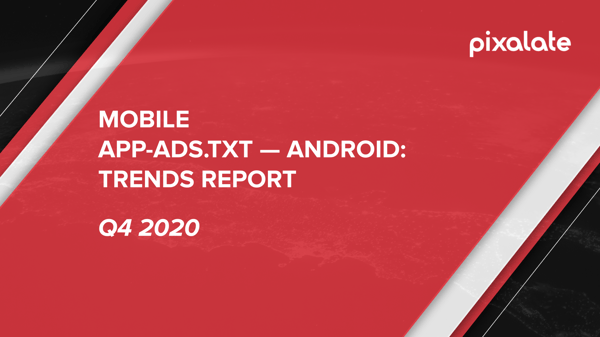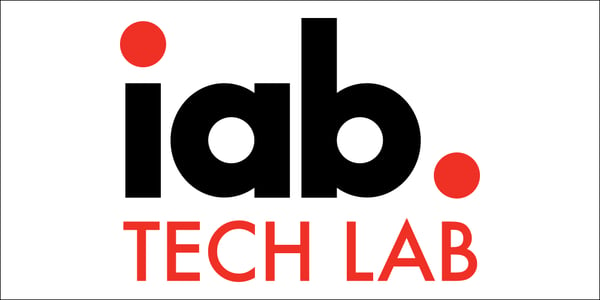
This week's review of ad fraud and quality in the digital advertising space.

Pixalate this week released Mobile App-Ads.txt Adoption Reports for Google Play Store apps and Apple App Store apps, reviewing mobile app-ads.txt adoption trends in 2020. Pixalate analyzed more than 5.5 million apps for the reports.
Of note: From Q1 to Q4 2020, app-ads.txt adoption increased by 79% across the top 10,000 Android apps and 77% across top 10,000 iOS apps. (Top apps are based on the number of programmatic ads sold, net of invalid traffic (IVT), as measured by Pixalate.)

Adweek dives into a budding trend: TV networking building their own ad tech stacks as streaming — and Connected TV (CTV) advertising — continues to grow. "Disney, Discovery and ViacomCBS all have new programmatic solutions," wrote Adweek.

In early March, Google noted (without directly saying so) that it would not support the Unified ID 2.0 tracking solution independent ad tech firms have been working on. In this article, AdExchanger examines some other roadblocks facing Unified ID 2.0, including its scalability, consolidation of power, burner emails, and consumer consent.

The IAB Tech Lab this week "released four new specs that aim to bring more accountability and standardization to the drastically changing online identity and ad targeting practices," reported Adweek. The specs largely revolve around consumer privacy, regulation frameworks, and ad targeting best practices.

In this New York Times opinion piece, the NYT Editorial Board argues that America's privacy settings need a revamp. "Americans have become inured to the relentless collection of their personal information online," the NYT wrote. "One straightforward solution is to let people opt in to data collection on apps and websites."
*By entering your email address and clicking Subscribe, you are agreeing to our Terms of Use and Privacy Policy.
These Stories on Weekly Recaps
*By entering your email address and clicking Subscribe, you are agreeing to our Terms of Use and Privacy Policy.

Disclaimer: The content of this page reflects Pixalate’s opinions with respect to the factors that Pixalate believes can be useful to the digital media industry. Any proprietary data shared is grounded in Pixalate’s proprietary technology and analytics, which Pixalate is continuously evaluating and updating. Any references to outside sources should not be construed as endorsements. Pixalate’s opinions are just that - opinion, not facts or guarantees.
Per the MRC, “'Fraud' is not intended to represent fraud as defined in various laws, statutes and ordinances or as conventionally used in U.S. Court or other legal proceedings, but rather a custom definition strictly for advertising measurement purposes. Also per the MRC, “‘Invalid Traffic’ is defined generally as traffic that does not meet certain ad serving quality or completeness criteria, or otherwise does not represent legitimate ad traffic that should be included in measurement counts. Among the reasons why ad traffic may be deemed invalid is it is a result of non-human traffic (spiders, bots, etc.), or activity designed to produce fraudulent traffic.”

